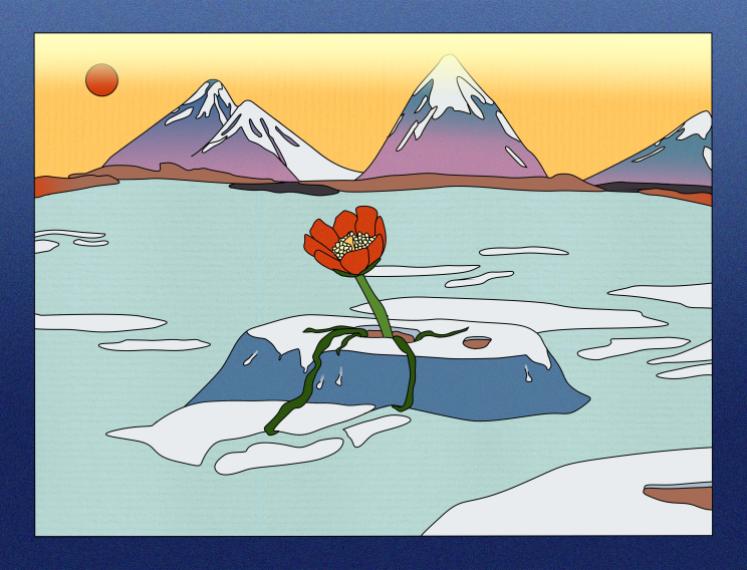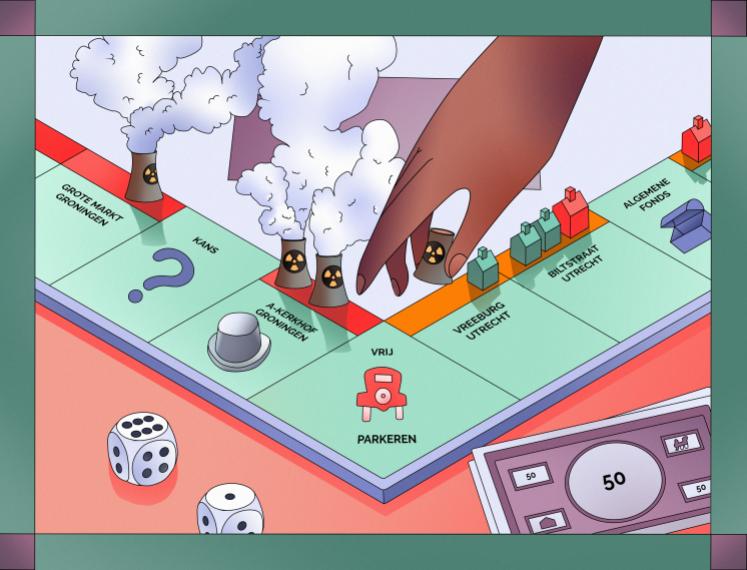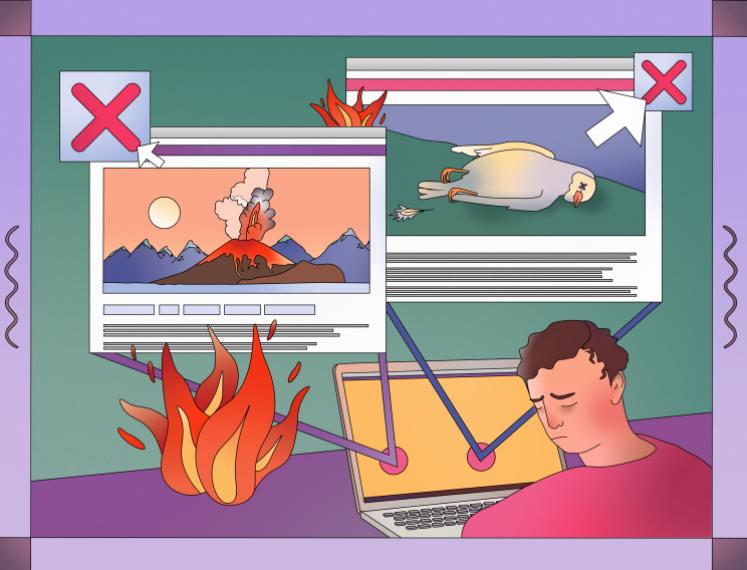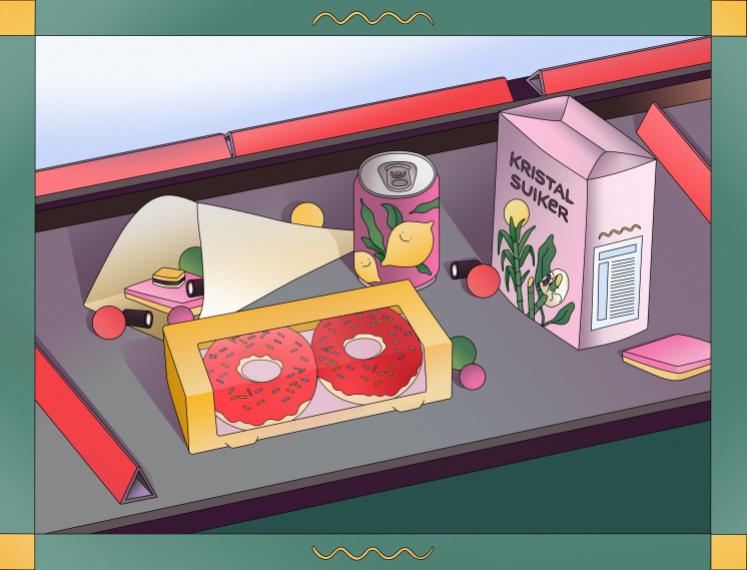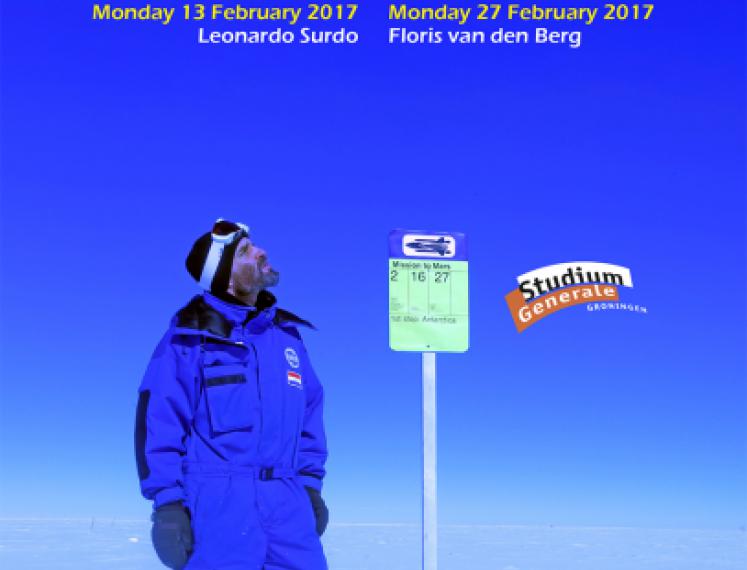Rabozaal, Forum Groningen
Nieuwe Markt 1
Groningen
Nederland
Meanwhile, on the North Pole...
The world's climate is changing all over the globe. One of the most visible consequences is the melting sea ice on the North Pole, causing the sea level to rise around the world. But what are the local changes that the melting sea ice brings about on the North Pole? How does climate change affect the Arctic ecosystems? What are the consequences for the local and indigenous population? The melting ice also creates a geopolitical shift by opening up new shipping lanes and possibly new oil wells. What are the economic outcomes for the area? And who does the North Pole actually belong to?
A conversation with Sean Desjardins, Postdoctoral Researcher Anthropology at the UG, on long-term human-environment relationships; indigenous and settler history and archaeology across the circumpolar Arctic; and Christoph Humrich, Assistant Professor International Relations and Political Science at the UG, on governance, geopolitics and security in the Arctic; and Annette Scheepstra, Social Scientist, Arctic Centre coordinator of external collaboration and expedition guide in Polar areas; moderated by Thandeka Kramer-Wolf.
In Kenniscafé we talk about current themes with Groningen scientists and researchers. Kenniscafé is organised in collaboration with Science LinX en Forum Groningen and is supported by het Akkoord van Groningen.
From September 25, a corona entry pass is mandatory when visiting the Rabo Studio of Forum Groningen. You must also show your corona entry pass at the entrance of the room for this activity. In doing so, the Forum follows the guidelines of the central government.
Illustration: Yvette Compaijen
Kenniscafé: De Noordpool from Forum Groningen on Vimeo.
